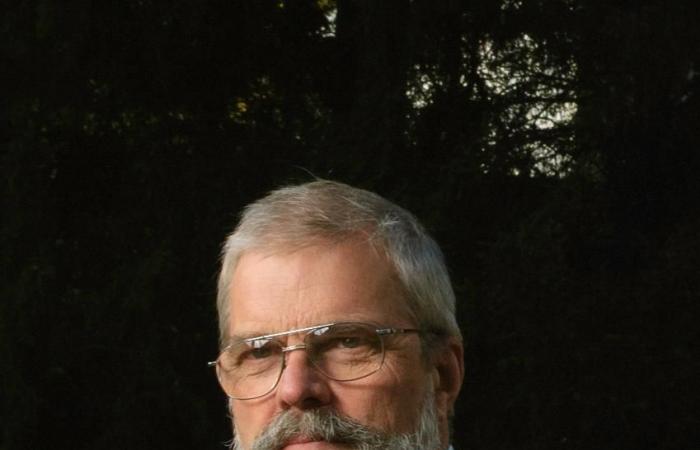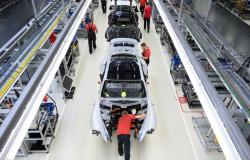Eco look –
The other side of the story of “shared value”
The column by Paul H. Dembinski, director of the Finance Observatory.
Paul H. Dembinski, director of the Finance Observatory
Published today at 8:09 a.m.
Paul H. Dembinski, director of the Finance Observatory.
DR
Subscribe now and enjoy the audio playback feature.
BotTalk
The principle of the responsibility of large companies towards their suppliers, direct and indirect, is widely accepted, especially when the latter are small and economically fragile. This problem was addressed by the so-called responsible multinationals initiative which narrowly failed in the popular vote in 2020.
The value chain, also called the supply chain, is a schematic way of understanding the relationships between suppliers – direct and indirect – and the company, often global in scale, which assembles the various elements and components to make a product. finished product which it then transports – alone or with others – to the final consumer.
It is in the value chain that the added value of the final product is built over the course of transactions. The latter corresponds to the price paid by the final consumer. It is therefore within the value chain that the prices and purchasing conditions of the components are defined, it is there that the concrete meaning that large companies give in daily business is most clearly expressed. general principle of responsibility towards suppliers.
At the beginning of the 2010s, the notion of “shared value” was put into circulation to highlight the importance of the positive “collateral effects” that responsible management of the value chain could generate for the company’s stakeholders. . The notion of shared value was developed by one of the management gurus, Michael Porter.
It was very quickly taken over by Nestlé, which has since used it as a trademark, notably to title its reports on sustainability.
The June 2024 issue of “Public Eye” magazine devoted two articles to the case of Mexican coffee producers who, around fifteen years ago, had opted for a program to upgrade their operations made available by Nestlé. Thanks to this reconversion program towards the cultivation of robusta coffee (used for Nescafé), instead of the traditional arabica, farmers were to receive higher yielding plants, therefore increasing, or even doubling, their income. This reconversion had to be done without financial support from Nestlé and without any guarantee either on volumes or on purchase prices.
After a few good years, the economy turned around. Despite the good quality of the products, the buyers – the majority of whom work for Nestlé – make faces, which forces the producers to sell off their harvests, cry misery and go to the barricades while reproaching Nestlé for the lack of ‘ethics.
According to the authors of the articles, Nestlé refused to comment on this specific case, while extolling the virtues of “shared value” in its annual reports. The situation described by “Public Eye” raises the question of the limits of responsibility towards suppliers. Should Nestlé have refrained from advocating the conversion of farms, knowing better than anyone that markets are unstable by nature and that the risks for small farmers quickly become existential, and therefore vital?
Could the company have sinned by being overly optimistic in its communication with a population that would have taken its advice for promises? Should it have given revenue guarantees in the medium or long term? The financial risk was undoubtedly possible, but it could have been seen as a dangerous precedent that could extend throughout the company’s supply chains.
Conclusion: for the value to be truly shared over time, the risks must also be shared. This commitment is visibly unacceptable for the shareholder logic that reigns in Vevey, despite the charters and principles.
“The Tribune of Opinions”
With the Tribune of Opinions, find analyzes, editorials, readers’ letters, expert opinions… So much insight to form your own opinion every Monday.
Other newsletters
Log in
Did you find an error? Please report it to us.
0 comments






